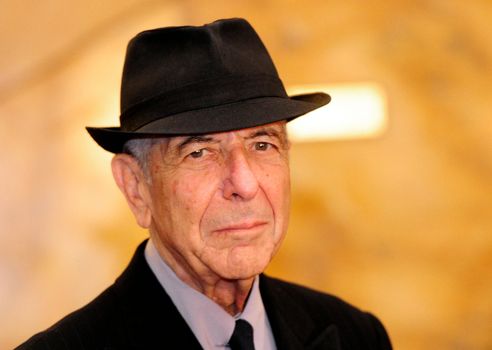Reading time: Less than 1 minute
This is my weekly installment of “writing about writing,” in which I scan the world to find websites, books and articles to help other writers. Today I discuss an interview with Leonard Cohen, who died last week at the age of 82…..
I studied the poetry of Leonard Cohen when I was in high school. This might not seem particularly remarkable, but it was. I went to an old-fashioned Catholic boarding school — the kind of place where the Rime of the Ancient Mariner was far more likely to be on the curriculum than a Canadian contemporary poet.
But even the act of having to study his work in school didn’t turn me off Leonard Cohen. In fact, I came to appreciate him even more as I aged. My favourite song? The 1984 Hallelujah. I like Rufus Wainwright’s version the best.
Cohen released his fourteenth and final album, You Want It Darker, on Oct. 21, 2016 and, on the same day, the NPR show Fresh Air reran a 2006 interview with him and host Terry Gross. I know the airwaves have been filled with his music and old interviews with him following his Nov. 7/16 death but if you’re a Cohen fan, the NPR interview is well worth listening to.
Here was the part I liked best: When Terry Gross asked Cohen to compare himself to the great songwriters Irving Berlin, Cole Porter and Harold Arlen, he gave a characteristically modest response. “I think they’re much better than I am,” he said.
I think they know more about music. Someone like Cole Porter’s rhymes are much more elegant than mine. I have a very limited kind of expression but I’ve done the best that I can with it and I’ve worked it as diligently as I can….
Even Cohen fans have to agree that, like Bob Dylan, he doesn’t have a pitch-perfect voice. But there was something about the sophistication of his thought and writing and the heart with which he delivered his music that helped make him a remarkable writer and a great performer. I also admire the way he saw writing as work — something he needed to do diligently.
Yes, talent can make a difference, but it never tells the whole story.

